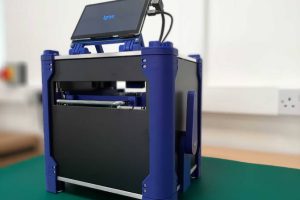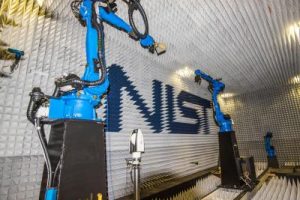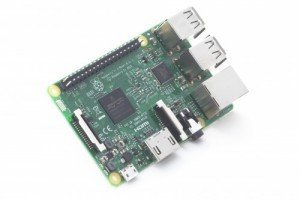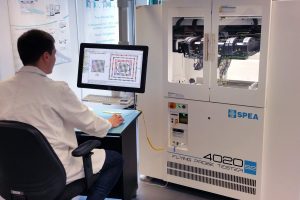“Clearly this is our largest order,” Acuid’s CEO Hans Rohrer told Electronics Weekly.
Both sides in the deal are remaining tight-lipped about its value, although the model bT144E memory testers involved are “$500,000 to $700,000 each, depending on configuration”, said Rohrer.
Acuid, a young Edinburgh-based company, has two sides to its business: memory test equipment and fledgling fabless high-speed chip operation. “We have a healthy business. The Infineon deal easily supports the test side of the business,” said Rohrer.
The bT144E is aimed at the development of DRAM in labs, being capable of testing forthcoming DDR2 memory at up to 666Mbit/s, with an option to test 1.36Gbit/s DRAM planned for the second half of 2005 and a roadmap to 2.6Gbit/s.
According to Rohrer, Acuid’s tester strategy is to move into production equipment. “Production testers have multiple hundred million dollar potential,” he said. “With a lead customer we can go into production testers. There are companies interested in being this lead customer.” Flash memory and logic testing are other potential markets, said Rohrer.
High-speed chips, the company’s other business, are venture funded with a 10Gbit/s Ethernet chip in the pipeline. “Second silicon is looking very, very good,” said Rohrer. “In the lab it is running at 14Gbit/s and we keep refining things.”
This silicon will be “used to demonstrate the technology, primarily to show that it deals with dispersion in multi-mode fibres”, said Rohrer.
The technology in this case is a proprietary timing technique which Acuid decided to use in its own products after trying to licence it to others.
 Electronics Weekly Electronics Design & Components Tech News
Electronics Weekly Electronics Design & Components Tech News



